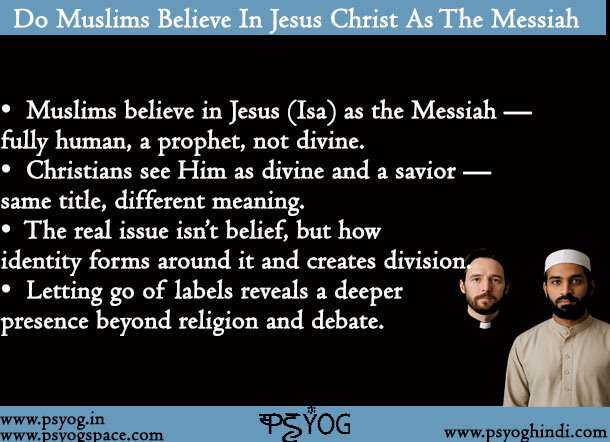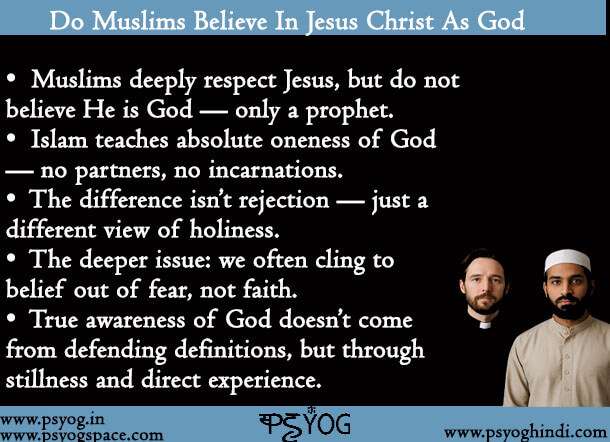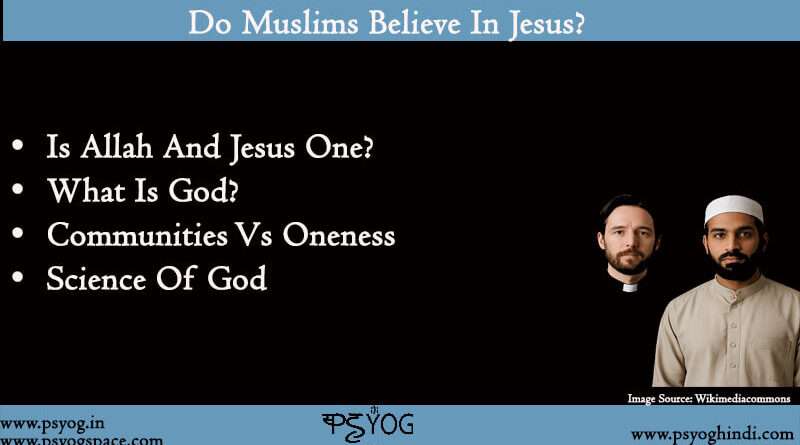Do Muslims Believe In Jesus Christ: As Messiah Or As God?
It’s a question that comes up more often than you’d think—usually from a place of curiosity, sometimes confusion, and occasionally, even tension. Do Muslims believe in Jesus Christ? Not just as a person, but in terms of what He represents—as messiah, or even as God?
The answer is layered. Not just yes or no. Not a quick fix. And maybe that’s exactly why it matters.
Do Muslims Believe In Jesus Christ As The Messiah
Yes. That’s the simple answer. Muslims believe in Jesus Christ as the messiah. It’s actually not debated in Islam at all. The Quran refers to Jesus—Isa in Arabic—as Al-Masih, meaning “the Messiah.” No symbolism. No metaphor. That’s His actual title.
But what does “messiah” even mean? That’s where things shift depending on who you ask. For Christians, it often points to salvation, divinity, the Son of God. In Islam, the messiah is still chosen—still incredibly significant—but fully human. A messenger. A prophet. Someone appointed by God, not someone who is God
Here’s what gets missed though. (Read: Creating miracles with prayer)
We’re not just talking theology here. The way we interpret these titles says more about us than we realize. See, the moment we attach ourselves to a label—Muslim, Christian, Hindu, whatever—we begin to separate. Not always on purpose. But separation happens quietly. Slowly.
We build identity around belief. And once that identity is solid, everything outside it becomes “other.”
That’s where community becomes division. And where belief becomes a barrier.
But what happens when you stop identifying so tightly with a role or religion? What happens when you just… observe? You start to feel something else—something wider. Quieter. A kind of presence that isn’t owned by any tradition. It doesn’t wear a name tag.
You don’t read about it. You feel it. A presence, or maybe intelligence, that isn’t limited by human thinking.
And in that space, you realize that debating whether someone believes in Jesus as messiah becomes a smaller question than it first seemed.

Do Muslims Believe In Jesus Christ As God
Now this one has a more straightforward answer in Islamic belief: No. Muslims do not believe in Jesus Christ as God.
In Islam, God is absolutely One. Not a concept. Not a being that shares His divinity. No partners. No divisions. So while Jesus is deeply respected—he’s even one of the most important figures in the Quran—he’s not viewed as God in human form.
Muslims see him as a prophet. A man guided by God, but not God himself.
That distinction can sound like rejection if you’re hearing it through a Christian lens. But it’s not an insult. It’s just a different understanding of holiness. In Islam, God doesn’t become human. Period.
But again, there’s something bigger hiding behind this difference. The real tension isn’t always about Jesus—it’s about how tightly we hold onto our version of truth. And how quickly we distance ourselves from anything that challenges it.
We confuse faith with ownership. Like we need to defend God, or else He might slip away. But truth doesn’t need defending. And God—if God is really God—doesn’t need to be protected by us.
The quieter truth? We’re scared. Scared of being wrong. Scared of stepping outside what we know. And so we cling harder.
But the moment that fear softens, something else rises.
Call it divine awareness. Spirit. Stillness. Something deeper than words.
And in that space, the question do Muslims believe in Jesus Christ as God almost fades. Because belief takes a backseat to experience. You don’t need to define God if you’re already feeling Him.

Conclusion
So, one more time. Do Muslims believe in Jesus Christ? Yes. Fully. They believe in His miraculous birth, His role as a prophet, and His return.
They believe in Him as messiah—chosen by God, appointed with a purpose. (Read: What is YOLO?)
But they don’t believe in Him as God. That place, in Islam, belongs to no one but the Creator—without equals, without partners.
And yet, the more we explore this, the more it becomes obvious… the real issue isn’t just theological. It’s human.
We separate ourselves so easily. Religion becomes identity. Identity becomes armor. And soon we’re fighting over definitions instead of searching together.
But if we let those walls dissolve—if even for a moment—we start to feel something more universal.
A presence.
A silence.
A unity that doesn’t depend on agreeing.
In that space, there’s no need to argue about messiah or God. Because you realize you’re not separate anymore.
God is one.
And in that oneness, we’re not divided either.
FAQs
Do Muslims believe in the same God as Christians?
In Islam, God is absolutely One. Not a concept. Not a being that shares His divinity. No partners. No divisions. So while Jesus is deeply respected—he’s even one of the most important figures in the Quran—he’s not viewed as God in human form.
Muslims see him as a prophet. A man guided by God, but not God himself.
That distinction can sound like rejection if you’re hearing it through a Christian lens. But it’s not an insult. It’s just a different understanding of holiness. In Islam, God doesn’t become human. Period.



